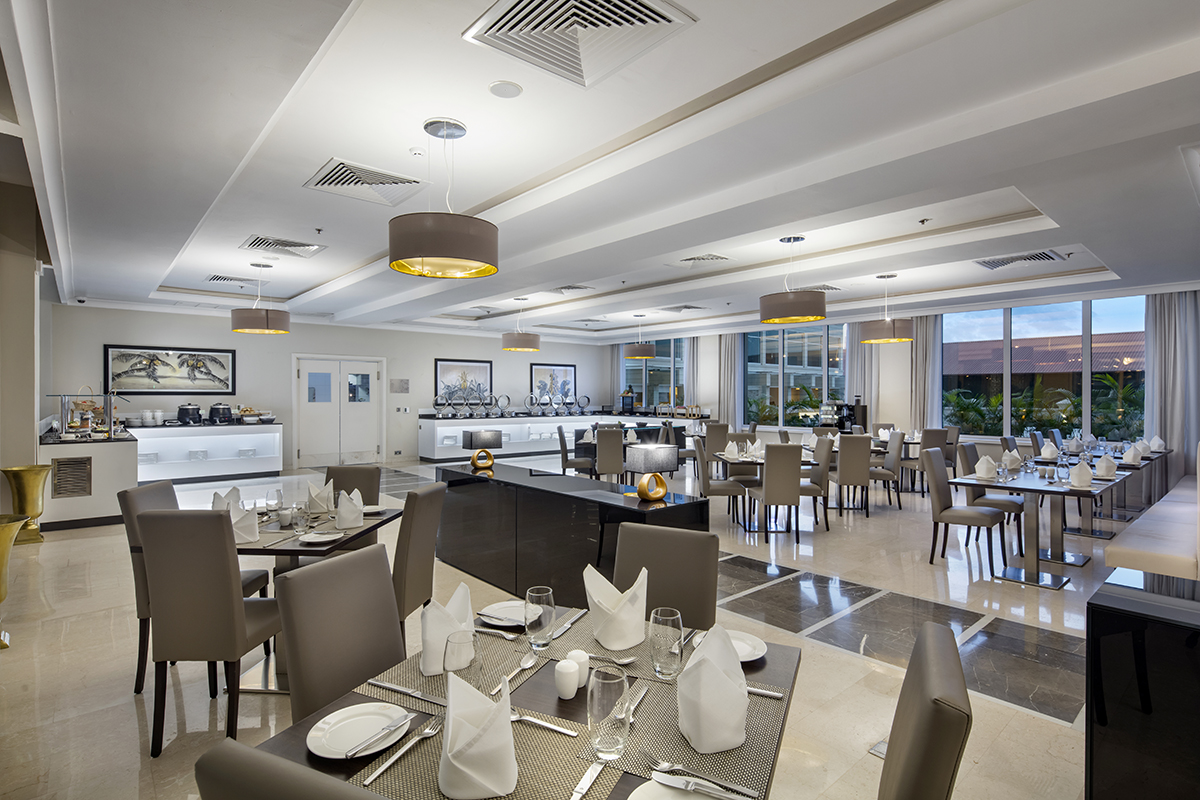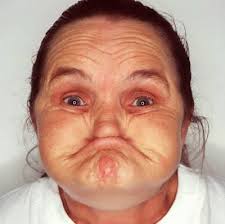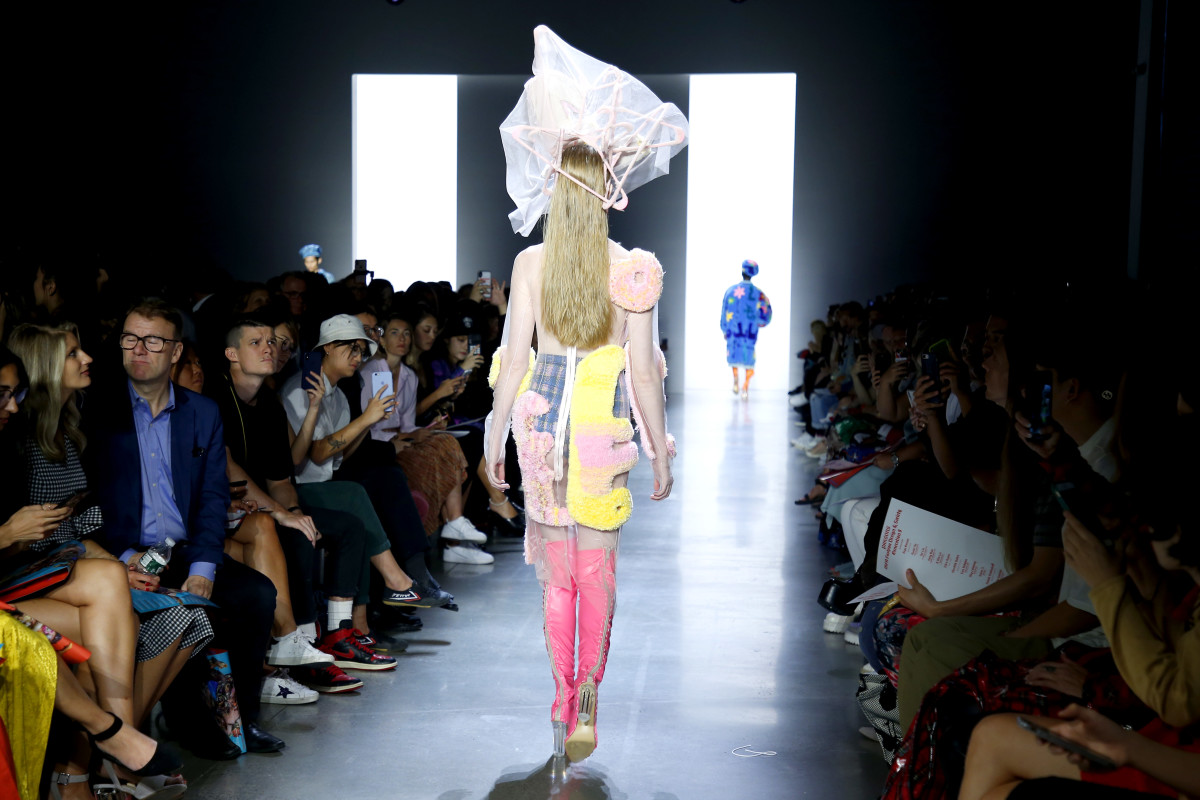Female Activists In Nigeria
Female Activists In Nigeria. Every year, we remember the remarkable women who paved the path for today’s generation of female leaders to continue smashing the glass barrier. Do you wish to know the female activists in Nigeria? Read this article.

Introduction
Many female activists in Nigeria feel they are underappreciated and undervalued despite their role in last year’s major rallies against police brutality. An activist in Nigeria, Aisha Nosufu uses her cell phone to capture the day’s episode of her opinion on the country’s problems. When it comes to problems of inequality, injustice, and terrible governance in Nigeria, she reaches tens of thousands of internet listeners every week.
Most growth and development metrics in Nigeria continue to favour males over women. Women make up fewer than 6% of Nigeria’s parliament, for example, according to the International Parliamentary Union. According to the National Bureau of Statistics, from 2010 to 2015, just 38 per cent of Nigeria’s government workers were women. The maternal mortality rate in Nigeria is also the highest in the world.
See also: Top 15 most successful women in Nigeria
List of Female Activists in Nigeria
1. Lois Auta
Despite being paralyzed from the waist down after contracting polio at the age of two, Auta has conquered all odds as a Nigerian lady with a handicap. Cedar Seed Foundation is a non-profit organization in Nigeria that advocates for the rights of individuals with disabilities. The World Economic Forum (WEF) recognized Auta as a Young Global Leader in 2017. In 2019, Auta became the first person with a handicap to run for a seat in Nigeria’s lower legislative house.
2. Ngozi Okonjo-Iweala
The WTO’s first female president has been named (WTO). It is because of Okonjo-Iweala that women have gained a foothold in some of the most powerful positions in the world and their own country. At the World Bank, she worked for almost 20 years and sat on the board of Gavi, the Vaccine Alliance, twice.
3. Adenike Otunde
Persons with disabilities advocate and Lagos state governor’s Senior Special Assistant on Persons with Disabilities. After serving as the World Trade Organization’s director-general, Okonjo-Iweala became the first woman and the first African to hold this position (WTO). After a nine-month selection process, she was sworn in on March 1. As a lawyer, media personality, social media influencer and life coach, Adenike Oyetunde advocates for the rights of people with disabilities. Oyetunde’s life was forever altered when she lost her right leg to bone cancer at the age of 20. But she decided to take on the obstacles that life in Nigeria threw her.
4. Kafayat Sanni
The first female fighter pilot in the Nigerian Airforce. In 2019, Kafayat Sanni, a 22-year-old Nigerian Air Force officer, became the first woman fighter pilot in the service’s 55-year history (NAF). Additionally, she is the first woman to undergo regular combat training at the Nigerian Defense Academy (NDA) to be qualified to fly a fixed-wing fighter aircraft.
At the NAF 401 Flying Training School, Kaduna State, in 2017, Sanni was rated the best pilot overall. Isn’t this a bold move to go against the grain?
5. Funmilayo Ransome-Kuti (Women’s Rights Activist, Pioneer African Feminist)
Funmilayo Ransome-Kuti is one of the most powerful and successful ladies in Nigerian history. One of the first women to be elected as a member of the Nigerian parliament, she has had a lasting impact on the country as a feminist and advocate for women’s rights. Co-founder of the Abeokuta Women’s Union, which organized a women’s protest against colonial taxes in 1946 and the abdication of the Alake of Egbaland as a result, in the 1940s (traditional ruler of Abeokuta).
More than 20,000 women in the region joined the AWU before it was nationalized as the Nigerian Women’s Union. However, it was only the start. With her husband, Reverend Israel Oludotun Ransome-Kuti, she co-founded the Nigeria Union of Teachers (NUT) in July 1931 — and she was given the Lenin Peace Prize in 1970, with Nelson Mandela and Pablo Picasso. Over the course of her long career, she built several schools for girls and women in southern Nigeria and was a tireless advocate for their equality.
See also: LASTMA salaries structure, mode of conduct & ranks in Nigeria
6. Aisha Yesufu
Aisha Yesufu’s outspokenness as a youngster has been highlighted in recent biographies, and her advocacy has backed up those claims. To get the girls back, Yesufu and Oby Ezekwesili started the Bring Back Our Girls (BBOG) campaign after the terrorist organization Boko Haram abducted them from a secondary school in northeast Nigeria in 2014. From Michelle Obama to Hillary Clinton to a variety of other celebrities, the campaign drew attention from across the world. The hashtag #BringBackOurGirls became a global sensation and inspired demonstrations in many nations across the globe.
7. Chimamanda Ngozi Adichie
‘We should all be feminists,’ declares Chimamanda Ngozi Adichie in her now-famous TED lecture. For example, the phrase has appeared on Dior T-shirts (a partnership with Adichie) as well as in a Beyoncé song. The book was given to every 16-year-old high school student in Sweden in 2015, and it has been on bestseller lists throughout the globe ever since. She received the Commonwealth Writers’ Prize for her first book Purple Hibiscus, about a 15-year-old girl named Kambili whose rich and well-respected family is tormented by her fanatically religious father.
Adichie often cites Nigerian literary hero Chinua Achebe as a source of inspiration for her writing.
8. Kiki Mordi
When Kiki Mordi launched her Sex for Grade’s documentary with the BBC in October 2019, it shook Nigeria to its core. Students at Nigerian and Ghanaian institutions were shown to be sexually harassed by professors in the film. The Nigerian senate reintroduced the anti-sexual harassment law the day after the documentary was aired. Nigerian governments have now proclaimed a state of urgency on sexual assault and harassment, and a few states have begun keeping records of sexual offenders. An Emmy nomination was made in 2020 for the film.
As a journalist and broadcaster, Mordi has been campaigning for women’s and children’s rights for the last six years. A movie called Life at the Bay was shot on location in Lagos, Nigeria, in 2019 under her direction. When Tarkwa Bay’s residents were threatened with eviction by government officials in this documentary, the ladies of Tarkwa Bay fought back and persevered.
Conclusion
The patriarchal nature of Nigerian society, like that of many African countries, is well-known. Social Action Nigeria’s Vivian Bellonwu, a leading advocate for women’s education in Nigeria, believes that things are progressively changing.
See also: Top 10 richest, most successful tech geniuses
We Believe This Article Was Helpful, Don’t Hesitate To Share This Information With Your Friends On Facebook, Twitter, Whatsapp and Google plus.
Copyright Warning: Contents on this website may not be republished, reproduced, redistributed either in whole or in part without due permission or acknowledgement. All contents are protected by DMCA.
The content on this site is posted with good intentions. If you own this content & believe your copyright was violated or infringed, make sure you contact us via This Means to file a complaint & actions will be taken immediately.



